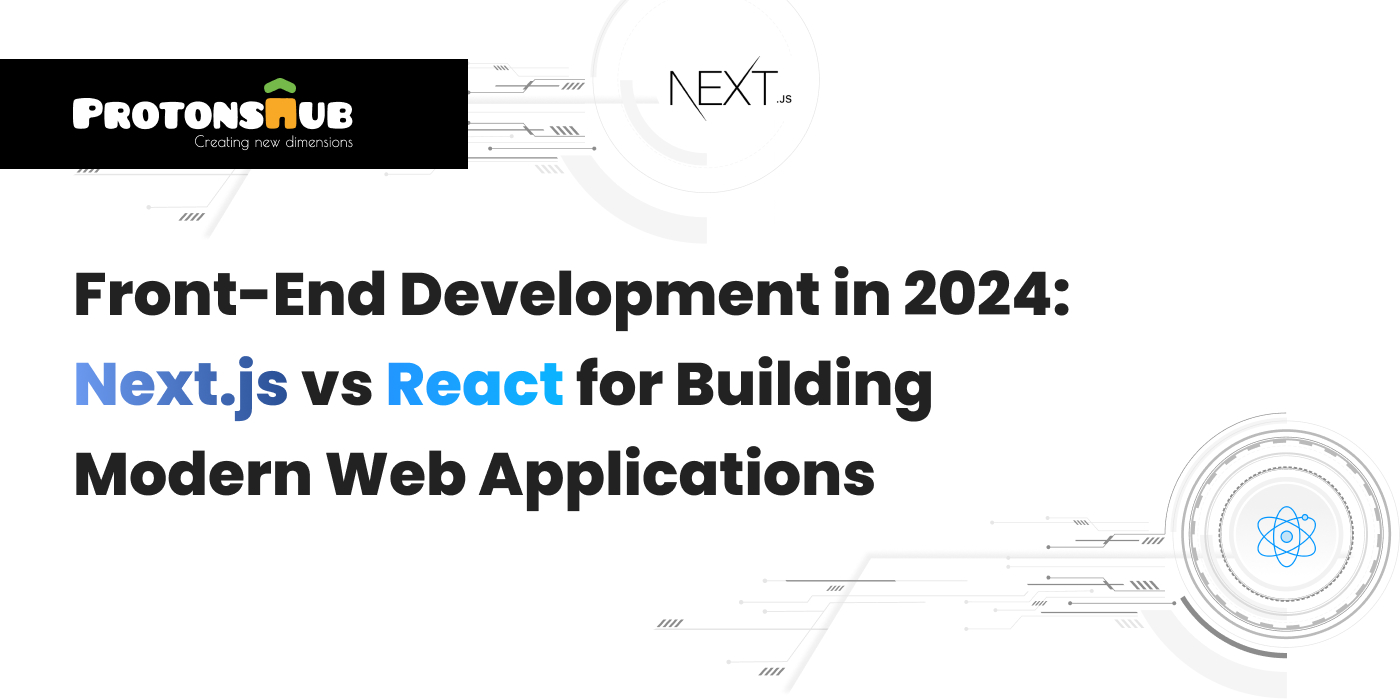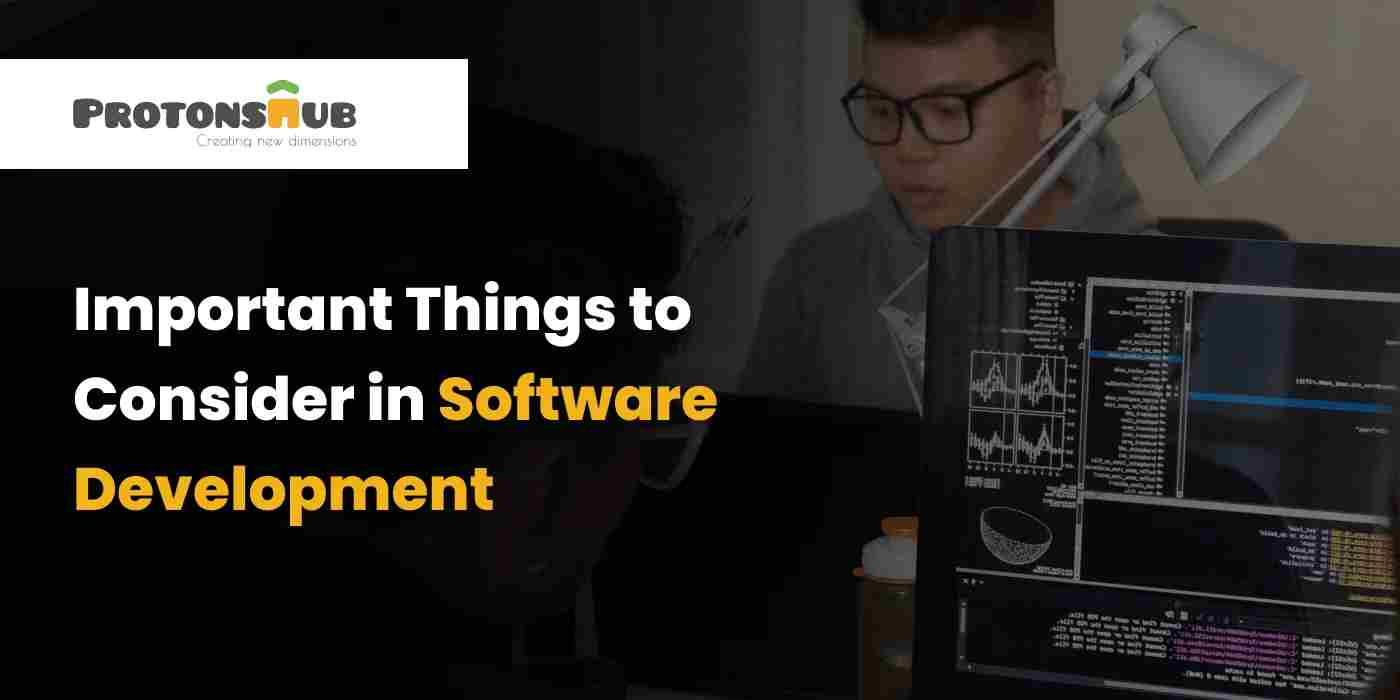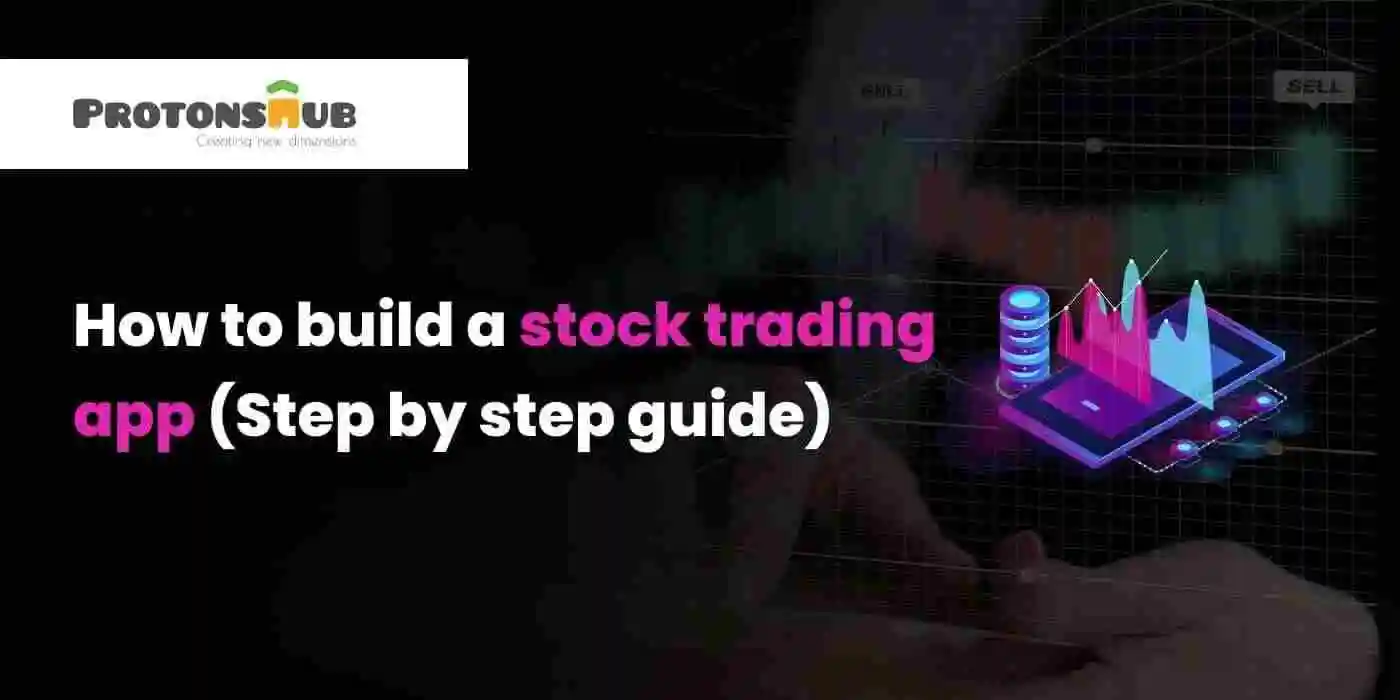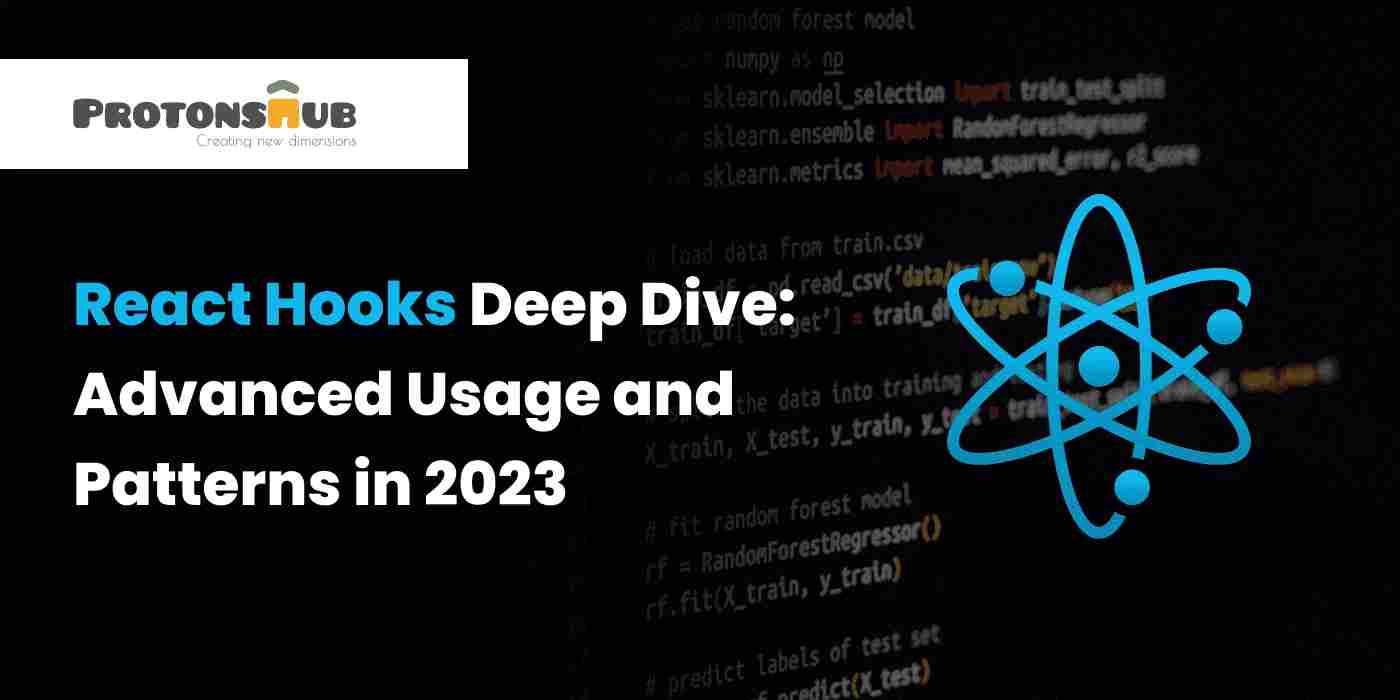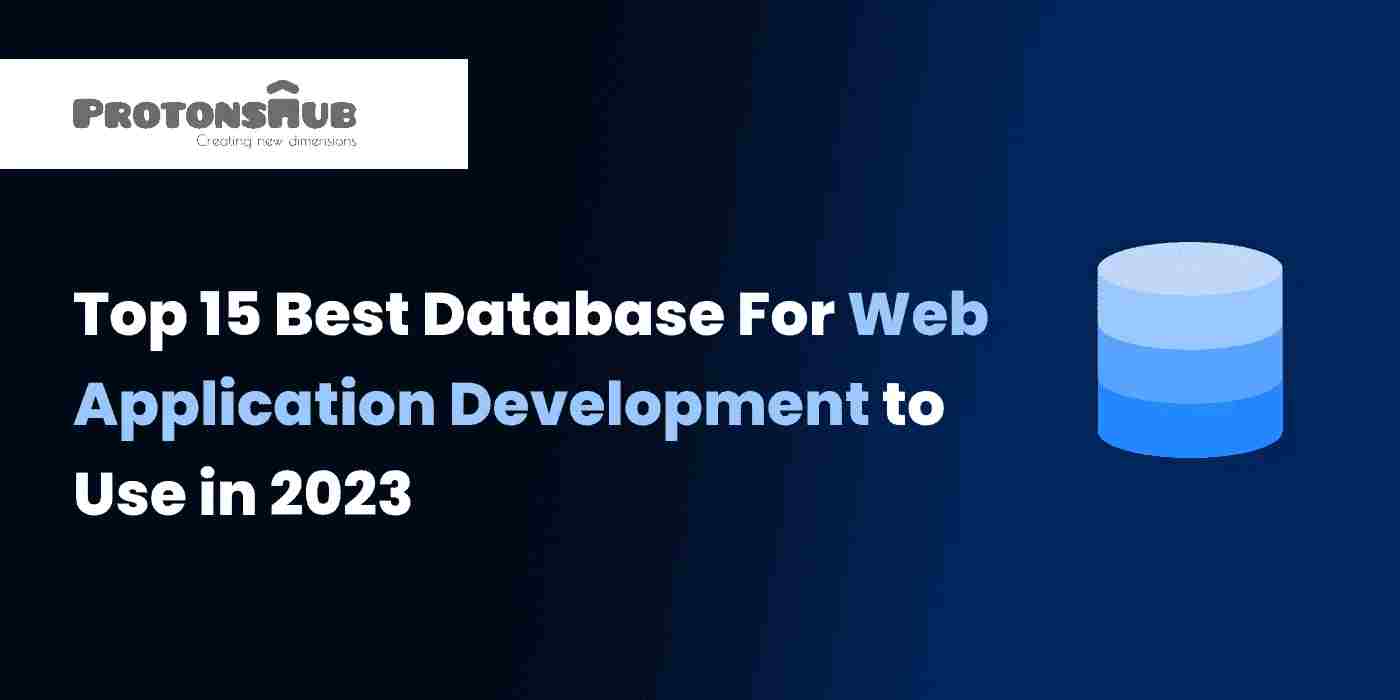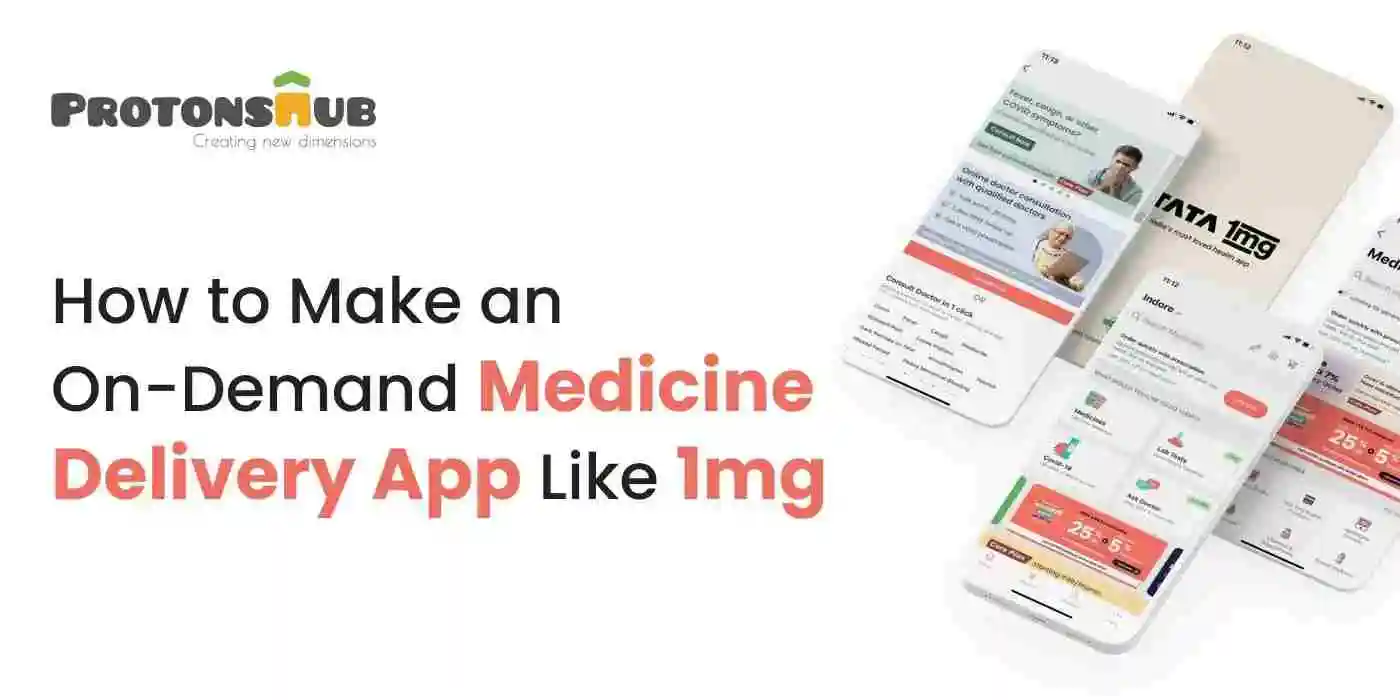Does the emergence of stock trading applications intrigue you enough to invest in one by yourself?
Unlike the older times, people are actively pursuing their interests nowadays, and one such interest is stock trading. From professionals to college students, the investment culture has been on the rise like never before.
This interest in investing in the stock market gave a boom to stock trading applications, significantly impacting the whole financial sector.
And all of this has become a lot easier by doing all these major tasks with a few clicks on a dedicated application.
So if you are someone who is deeply interested in having a knack for stock trading apps and wants to learn about stock market app development, as well as its: cost, features, legal factors to consider, and other parameters, then you are at the right place.
This blog will serve as a comprehensive guide about the stock trading application, read till the end to collect all the insights.
What Is A Stock Trading Application and How Does It Work?
A stock trading application is an online platform used to buy, sell, and manage stocks. All you need is a smartphone and a stable internet connection, and you are all set to begin your trading journey at your fingertips.
Now, how do trading apps work is the question?
Stock trading applications are about managing users’ money in an appropriate way, including investing, spending, lending, borrowing, storing, and protecting.
Now, do you think it is as easy as it is written? No way! These apps leverage the use of technology in a strategic manner and manage the financial operations of their users in a systematic way.
Users can not only buy and sell stocks but can also monitor the market in real-time with their smartphones. However, all these transactions come with various security concerns that one needs to take into account for a safe and secure trading experience.
Despite going digital, you need to pay brokerage fees based on the policy of the platform that you are using, but if you planning to develop a new stock trading app, you have the liberty to cut costs for your users by allowing them some leniency toward brokerage charges. And that’s one way of marketing your newly built online stock trading platform.
How Fintech is Impacting The Stock Trading Market?
The advent of the fintech industry has caused a fundamental shift in the stock trading market. All thanks to fintech investors can now make an informed decision about their investments and calculate potential risk factors alongside.
Here’s how fintech is changing the face of stock trading:
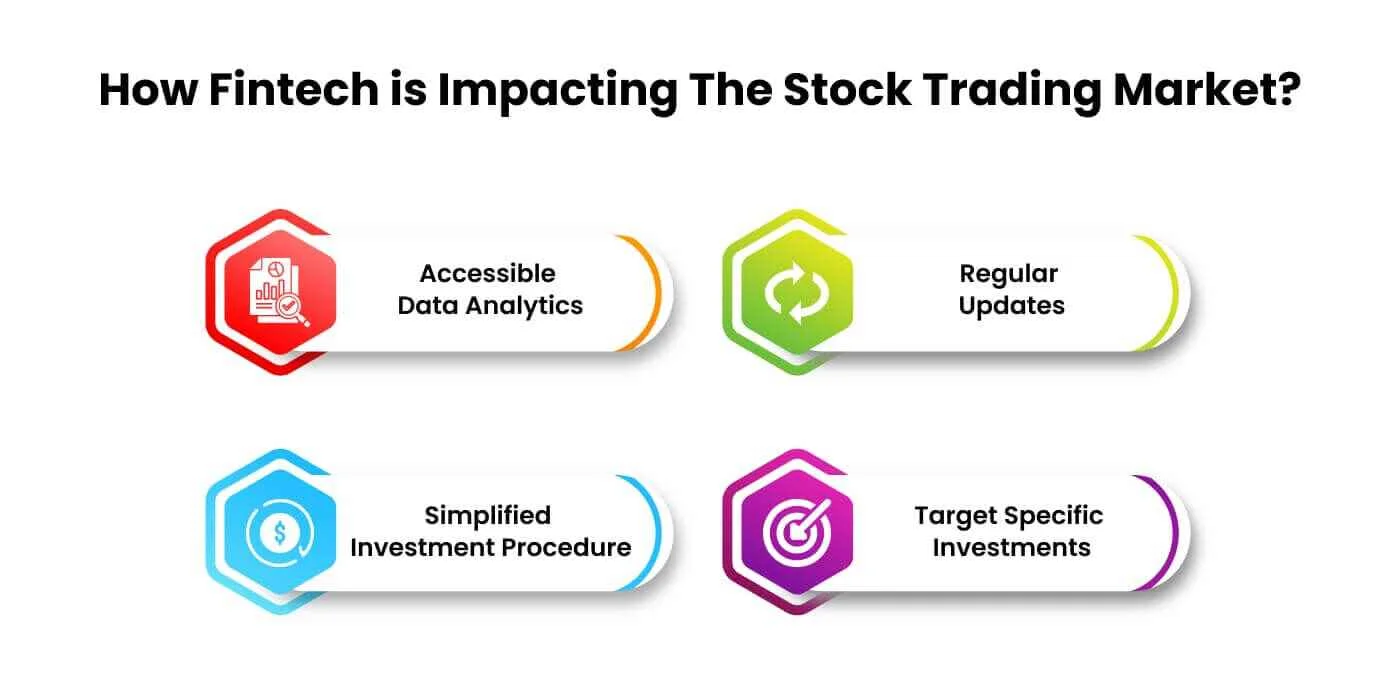
- Accessible Data Analytics
- Regular Updates
- Simplified Investment Procedure
- Target Specific Investments
Integration of technology in the financial systems is definitely going in the right direction. Every action being at your fingertips makes you an efficient decision-maker and ultimately boosts your productivity.
If you’ve got any pro plans about financial services, feel free to get on a free consultation call with us for fintech app development services..
10 Essential Features For A Successful Stock Trading App
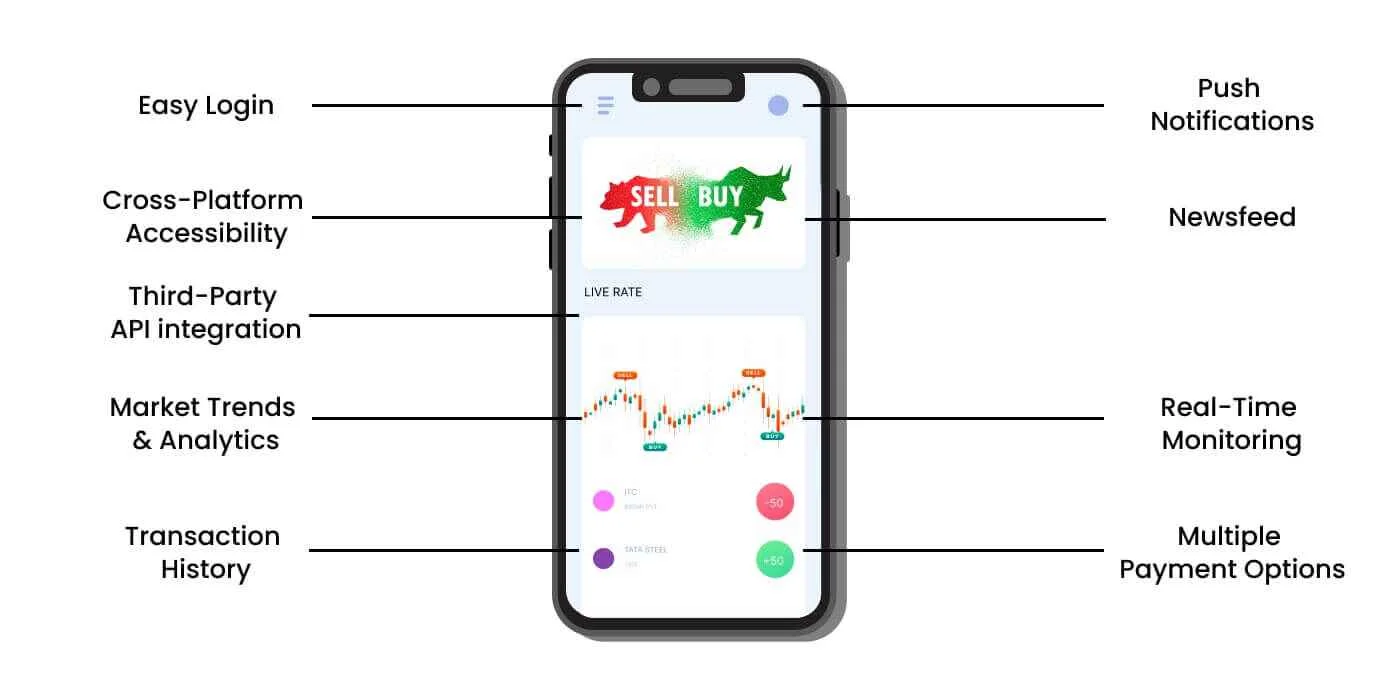
1. Easy Login
Login is the first part of entering into the application. One must implement the simplest approach for the same. A good stock trading app can have multiple login options such as a PIN code and biometrics to make this process easier for the users.
2. Cross-Platform Accessibility
A stock trading application must allow users to access the app from multiple devices, such as smartphones, tablets, laptops, and computers. This multi-platform accessibility provides a convenient user experience.
3. Push Notifications
Similar to other applications, a stock trading app also must have a push notifications feature to get timely updates about any news update, price change, and account activity, enabling users to make well-informed decisions on time.
4. Real-Time Monitoring
Another and one of the most important features of a stock trading application is real-time monitoring. Monitoring can be of price fluctuations, portfolios, trends, as well as others. This real-time feature allows users to stay up-to-date with the market scenario, leading them to make better decisions.
[Also Read - Real-Time Data Integration: Challenges and Solutions for Stock Market Apps]
5. Multiple Payment Options
With the rise of fintech applications, having multiple payment options has become a necessity. Users must have the liberty to use debit cards, UPI, and other preferred payment options at their convenience.
6. Market Trends & Analytics
Leveraging the latest market trends & analytics features in a stock trading app, users can be aware of their trading environment.
7. Transaction History
Users appreciate this feature where they can watch their transaction history, including the deposits and withdrawals made using the stock trading app.
8. Third-Party API integration
Integrating third-party APIs allows users to integrate their accounts with other trading platforms and tools, enabling them to analyze a broad spectrum of data.
9. Newsfeed
This is the least attention-grabbing feature of a stock trading platform, yet it is useful for beginners who just entered the stock market. This section includes the recent happenings in the stock market like Initial Public Offerings (IPOs), best & poor-performing stocks, and other related information.
What Are The Steps To Create A Stock Trading App?
Stock market app development is a complex process, have a look at the breakdown of the steps:
1. Set Goals & Validate The Idea
Your first step is to address a problem and solve it with your app since there are hundreds of stock trading apps already available in the market. In this case, you need to stand out from the crowd and deliver a new experience to your potential customers.
For this, you can conduct a market analysis that can help in setting clear goals and rolling out a strategy. This may include:
- Identifying the pain points of users
- Solving the existing problems
- Deciding on priority features for MVP
- Discussing the timeline for the project
- Panning a roadmap for upcoming stages.
2. Secure The Application
Before moving ahead with further steps of development, you should look out the security concerns. Because, unlike any other application, a stock trading app is all about transactions and other sensitive information, therefore it's necessary to secure the app. So, if you fail at the most vital aspect of your app, then there are chances that you may regret it in the future.
In order to refrain that from happening, you can implement the following measures to ensure the security aspects of your stock trading application:
- Multi-factor authentication,
- Advanced firewalls
- Data encryption
- Data encryption
- Input validation
- User activity monitoring
- Penetration testing
3. UI/UX Development
It’s true that people reject a feature-packed application for another one just because of complex navigation. Now, you can leverage this information to build an app with the most easy-to-use navigation and a very simple yet innovative interface.
You can start by understanding the requirements of your business followed by creating mock-ups for your online stock trading platform. This will provide you with numerous benefits, including increasing user engagement, growing usability, and getting a better brand image.
4. Design Major Features
Since you’ll be launching an MVP, try to focus on the most important features that your app must have. Conveniently, you can add non-important features as well in order to grab the attention of the users. Some of these features can be:
- Portfolio monitoring
- Push notifications
- Account history
- Online dashboard
- Newsfeed
5. Technology Selection & API Integration
Moving ahead with the development process, the next step is to select the right technology stack. The best advice would be to take suggestions from a stock market trading app developer who is familiar with the nitty-gritty of the features and functionalities of an online trading platform.
Moreover, one must also consider the integration of the application programming interface (API) to ensure the creation of a comprehensive application with all the necessary inclusions.
[Also Read - Leveraging AI and Machine Learning for Enhanced Stock Insights in Your App ]
6. Develop an MVP
Now comes the MVP-building stage. This is the first version of your final product, hence must be created with the minimum yet the most important features.
Developing an MVP first rather than building a full-blown product will let you test the relevancy of features among the target audience as well as test your business concepts. Apart from this, MVP development offers you the following benefits:
- Market Validation
- Functionality Testing
- Instant Improvements
- Monetization Capabilities
- Budget-Friendly Solutions
7. Test & Release Application
At this stage, a hand-picked group of quality assurance (QA) engineers carefully examines the created MVP. To make sure the app performs as intended, each of its features is tested. If any issue is detected upon testing, it can be improved further.
Once all the issues have been fixed, it's time to set up the working servers and launch the MVP, which can be later shared with the users.
Maintenance & Support
Post the MVP launch, you need to provide regular updates to stay competitive in the marketplace and provide quality technical support to your users. Remember, the better your after-support is, the more users you will attract.
Cost Of Building A Stock Trading Application
Speaking of the development cost, it is influenced by several factors, such as the app's functionality, complexity, utilization of cloud services, supported operating platforms, production timelines, and others. These aspects are crucial considerations when designing trading software and estimating the overall trading app development cost.
Developing a financial technology application is a daunting task, but prioritizing user-friendliness is essential to enhance consumer engagement. Typically, it takes a development team approximately 6 to 9 months to create a trading app.
The total expense for designing such an app can vary significantly, ranging from $20,000 to $40,000. However, the complexity of the application and the chosen features and functionalities undoubtedly play a significant role in determining the overall development cost.
[Also Read - How to Develop an App Like Groww]
How To Make Money From A Stock Trading Application?
Have you ever wondered about how stock trading apps make money?
I mean it’s obvious that no one works gives anything for free in this heavily inflated marketplace. So if you have this same question, I’ve got answers for you, check them out here:
1. Commission Fees
It is the most common source of revenue for stock trading applications. These apps charge a small amount of money whenever a user makes any transaction.
2. Subscription Plans
Subscription plans are another common way to make money. Despite offering free services, app owners can charge a dedicated subscription fee for enabling premium features to the users.
3. Interest Schemes
Not all but some of the online stock trading platforms make money by investing your unused funds and giving out some amount of interest to its users while keeping the rest by itself as revenue.
4. Participation in IPOs
You can allow your users to participate in an IPO and charge a particular amount of money for the same. This is another way you can make money from a stock trading platform.
Steps To Market A Stock Trading App
Building an app is easy, but marketing it to the right audience is the challenge. You can use the following strategies to market your stock trading app:
1. Identify Target Audience
You have to identify your target audience in order to successfully market your stock trading platform. This may include the age of the individual, their profession, geographic location (if applicable), and other factors.
2. Build Your USP
The next is to build your USP. As you already know there are several stock trading apps available in the market, so what’s that one thing that will want users to use your app instead of others?
A good stock trading app can have multiple login options such as a PIN code and biometrics to make this process easier for the users.
3. Content Marketing
Another way is to do content marketing. You can achieve this by providing educational content to your users, including newbies and professional traders.
4. Social Media Marketing
Social media plays a significant role in marketing any product or service, and you can leverage its capacity to market your own stock trading application.
5. Online Advertising
You can also use different types of ad campaigns like Facebook ads and Google ads to promote your online trading platform.
6. Email Marketing
This is one of the most effective forms of marketing. You can do regular email campaigns to cater to a large pool of audiences and pique their interest.
7. Analyze & Optimize
You can also analyze and optimize your marketing campaigns based on the results and feedback you receive.
Legal Factors To Consider While Developing A Stock Trading App
Again, a stock trading app deals with the sensitive and confidential information of users. Hence, there are some legal factors one must consider while developing a stock trading application:
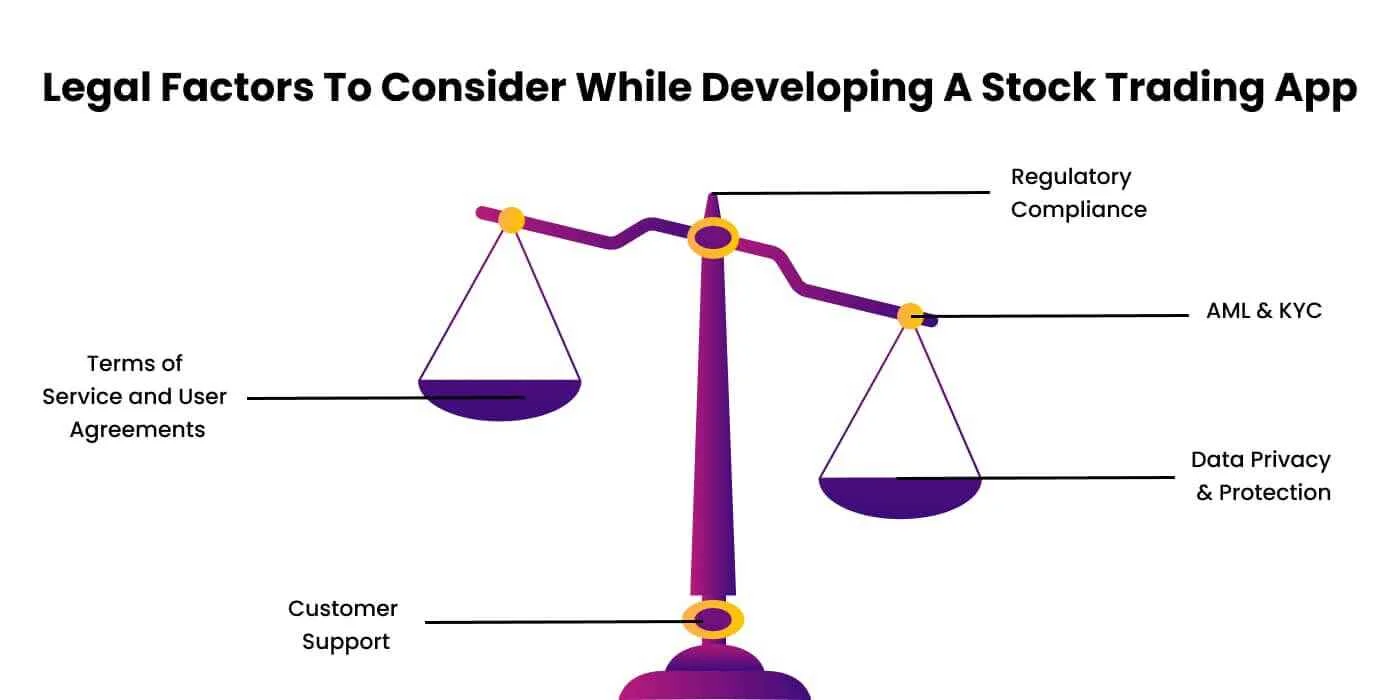
1. Regulatory Compliance
This may include registration with financial authorities, obtaining necessary licenses, and adhering to reporting requirements.
2. Data Privacy & Protection
Comply with data protection laws and regulations to secure user information. Clearly disclose the app's data collection and usage practices, and obtain user consent for data processing activities.
3. Customer Support
Define a clear process for handling user complaints and resolving disputes and provide support to address user inquiries and concerns.
4. AML & KYC
Use Anti-Money Laundering (AML) and Know Your Customer (KYC) processes to verify the identity of users as well as monitor transactions for suspicious activities.
5. Terms of Service and User Agreements
Make a clear and comprehensive term of service and user agreements that outline the rights and responsibilities of both the app provider and users.
Frequently Asked Questions
A stock trading app entails many features, some of which are as follows:
- Easy Login - A good stock trading app can have multiple login options such as a PIN code and biometrics to make this process easier for the users.
- Cross-Platform Accessibility - A stock trading application must allow users to access the app from multiple devices, such as smartphones, tablets, laptops, and computers.
- Push Notifications - A stock trading app also must have a push notifications feature to get timely updates about any news update, price change, and account activity, enabling users to make well-informed decisions on time.
- Newsfeed - This section includes the recent happenings in the stock market like Initial Public Offerings (IPOs), best & poor-performing stocks, and other related information.
The stock trading apps can make money through various means, some of which are listed below:
- Commission Fees - Charging a small amount of money whenever a user makes any transaction.
- IPO Participation - You can allow your users to participate in an IPO and charge a particular amount of money for the same.
- Interest Schemes - Some online stock trading platforms make money by investing your unused funds and giving out some amount of interest to its users while keeping the rest by themselves as revenue.
- Subscription Plans - App owners can charge a dedicated subscription fee for enabling premium features to the users.
- The development cost of a stock trading app is influenced by several factors, such as the app's functionality, complexity, utilization of cloud services, supported operating platforms, production timelines, and others
- The total expense for designing such an app can vary significantly, ranging from $20,000 to $40,000.
- However, the complexity of the application and the chosen features and functionalities undoubtedly play a significant role in determining the overall development cost.
Stock market app development is an 8-step process, including
- Set Goals & Validate The Idea: Identifying problems, solving them, and making strategies for upcoming stages.
- Secure the App: Use multi-factor authentication, advanced firewalls, input validation, and others.
- UI/UX Development: Creating a simple navigation and interactive UI.
- Design Major Features: Designing of important features like dashboard, portfolio management, account history tracking, and others.
- Technology Selection & API Integration: Selection of the right technology stack and integration of third-party APIs.
- Develop an MVP: To release the first version of your app with fewer and more important features to test the relevancy and get feedback from the users.
- Test & Release Application: At this stage, a hand-picked group of quality assurance (QA) engineers carefully examines the created MVP. To make sure the app performs as intended, each of its features is tested. If any issue is detected upon testing, it can be improved further.
- Maintenance and Support: Post the MVP launch, you need to provide regular updates to stay competitive in the marketplace and provide quality technical support to your users.
Conclusion
Building a stock trading app is quite an intriguing task, but with the right approach and priority features, one can excellently accomplish the given work. This blog tries to solve all of your queries related to stock trading app development in the best possible way.
Although, it is highly recommended for new entrepreneurs as well as seasoned professionals to consult with stock trading app development company like Protonshub Technologies, which have years of experience and a professional team to aid in your project plan.







































 Contact Us
Contact Us 






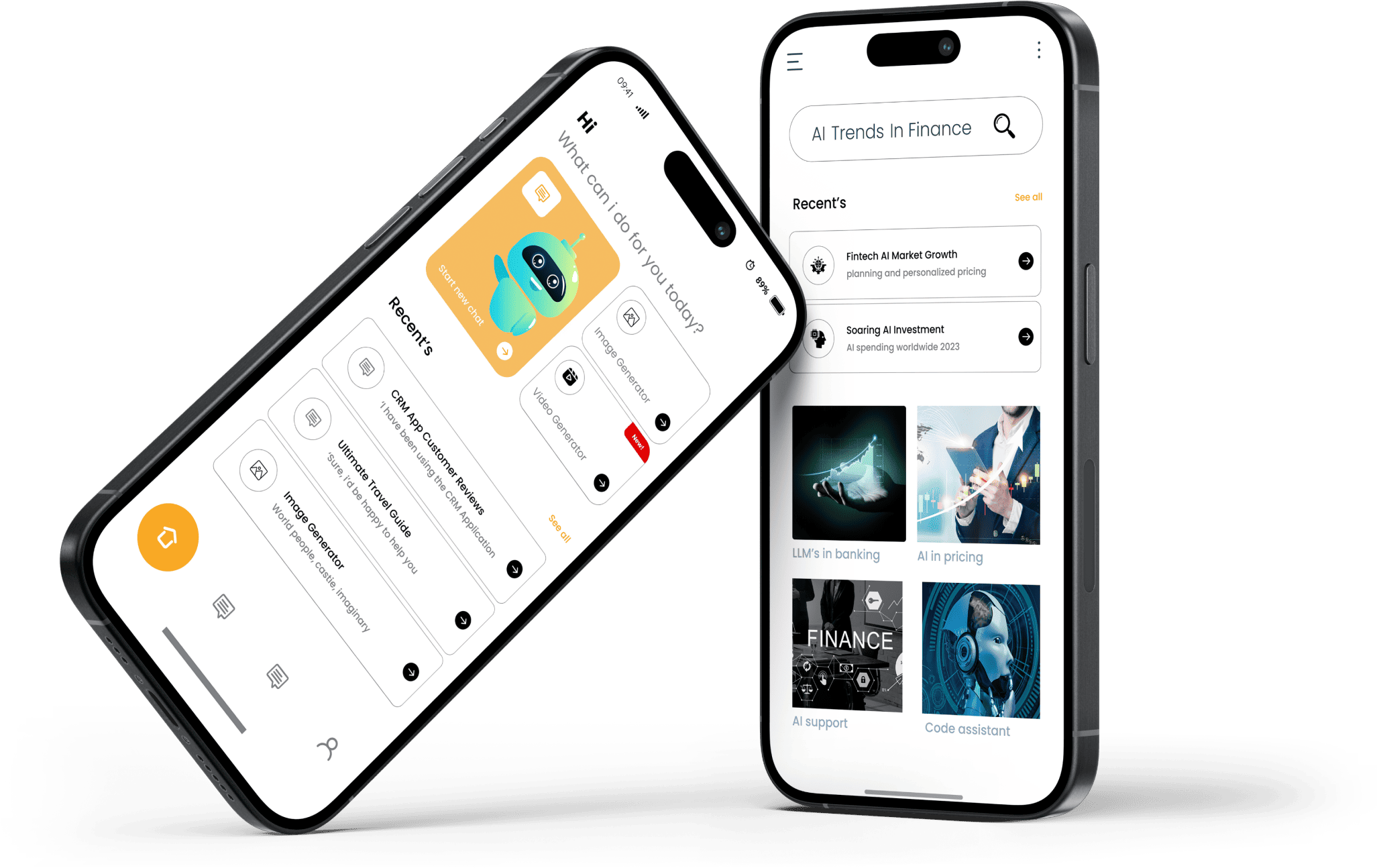
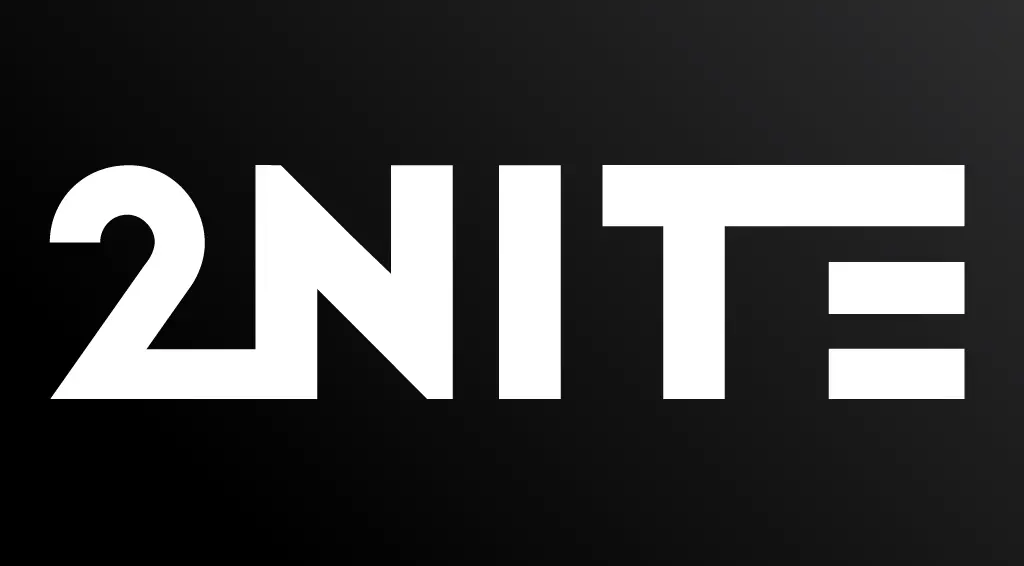

















.png)









.jpg)












.jpg)






.jpg)
.jpg)

.jpg)

.png)























.jpg)






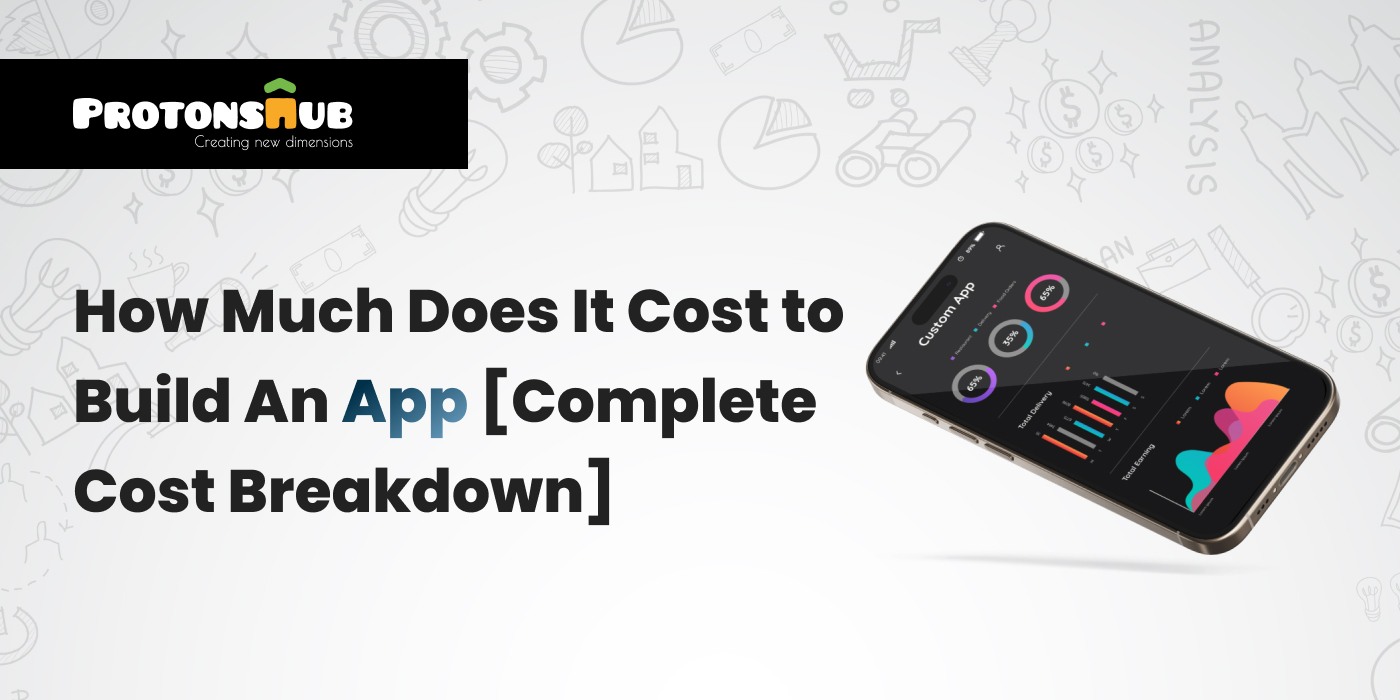

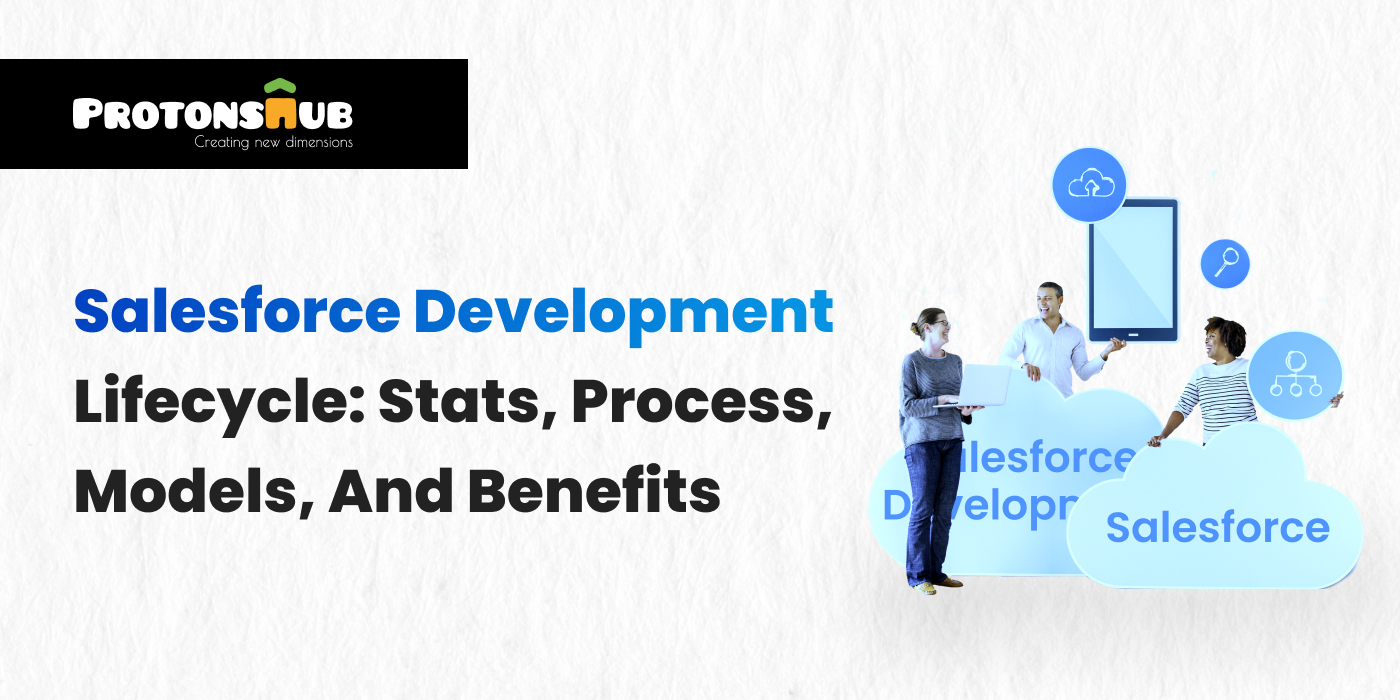
.png)







